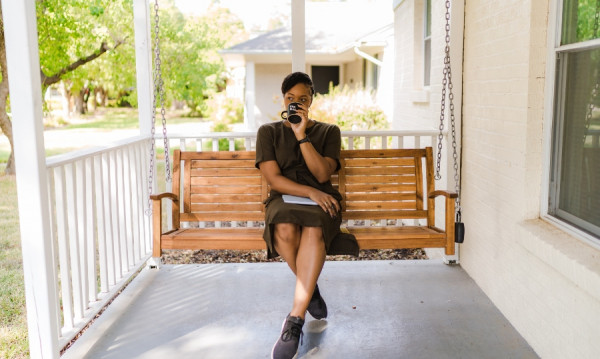1. Your credit score, downpayment and income are the main factors on qualifying for your mortgage in order to purchase a home.
2. Make sure you know your credit score. On average a score of about 650+ is the “generally accepted” score when purchasing. If you have time to build your credit to 650 or above it will make things easier for you, but if you don't and it is below, you still have some options.
3. Your downpayment amount is calculated by your purchase price and credit rating. The better your credit score is the less you will be required to put down (subject to income). The average downpayment is 10% (on the first $500,000) of your purchase price (NOT including closing costs). If your credit is good or above average you may be able to get 5% down (on the first $500,000) and if it isn't as good you may need to put more than 10%.
4. As a first time home buyer you are entitled to a Land Transfer Tax rebate of $2000. Don’t forget to ask about this so that you can take advantage of it.
5. Having a trustworthy and knowledgeable home inspector is key and sometimes hard to find. Your realtor should be able to provide you with some options but if you would like to find one on your own do your research. Make sure they are certified, have experience and care about your home.
6. The nature of your purchase should dictate WHAT you are purchasing and HOW. If you are purchasing for investment, certain things may not be as much of a necessity (two washrooms vs. one, one parking spot vs. two) as if you would be living in the home yourself (bathtub in ensuite bathroom)
7. Know what you want to buy but be realistic. Often times first time home buyers have a vision in their head of what they want but are not always informed on what that vision may cost. Ask your realtor to give you some examples of what your budget will allow.
8. Always get a mortgage pre-approval before you begin your home search. The last thing you want to do is go searching for a home only to find something you love but cannot afford. Make sure you know your budget and limitations before starting.
9. Always prepare for closing costs. To be safe it is suggested to have 2% of the overall purchase price put aside. This is so that you are not stuck in a situation where you can't close as a result of not being able to tie up smaller costs associated with closing on your property.
10. LOVE WHAT YOU ARE BUYING. You are buying a house not a pair of shoes so make sure you love your purchase or at the very least it serves its purpose (investment properties).








